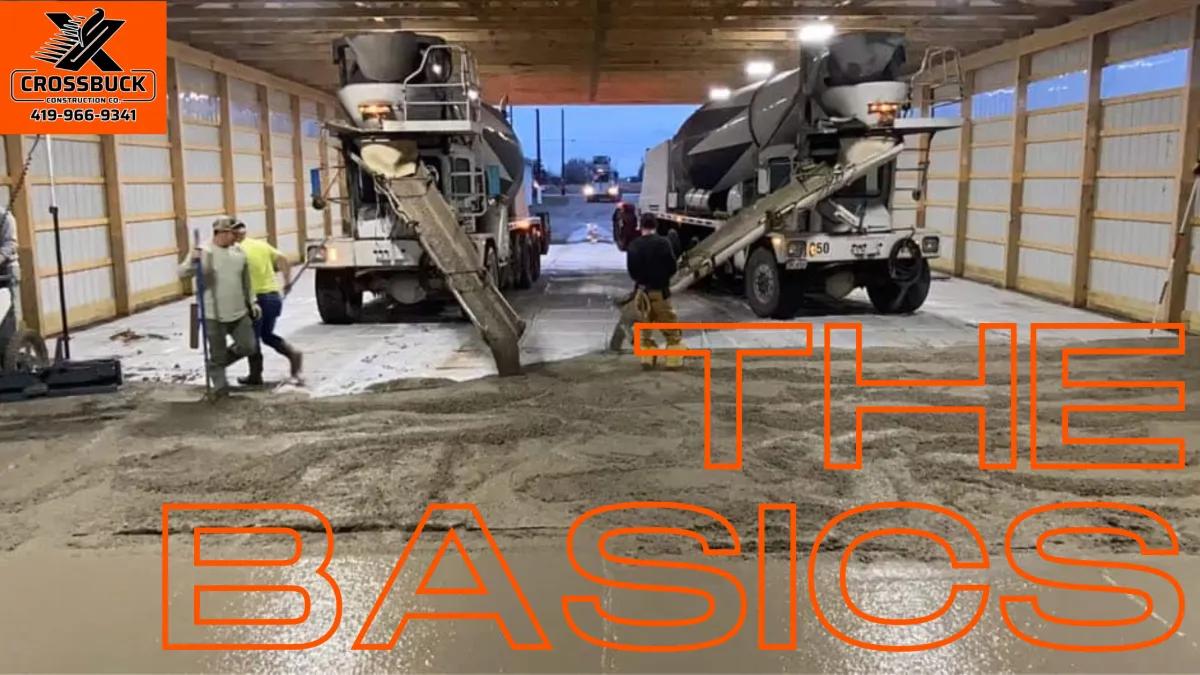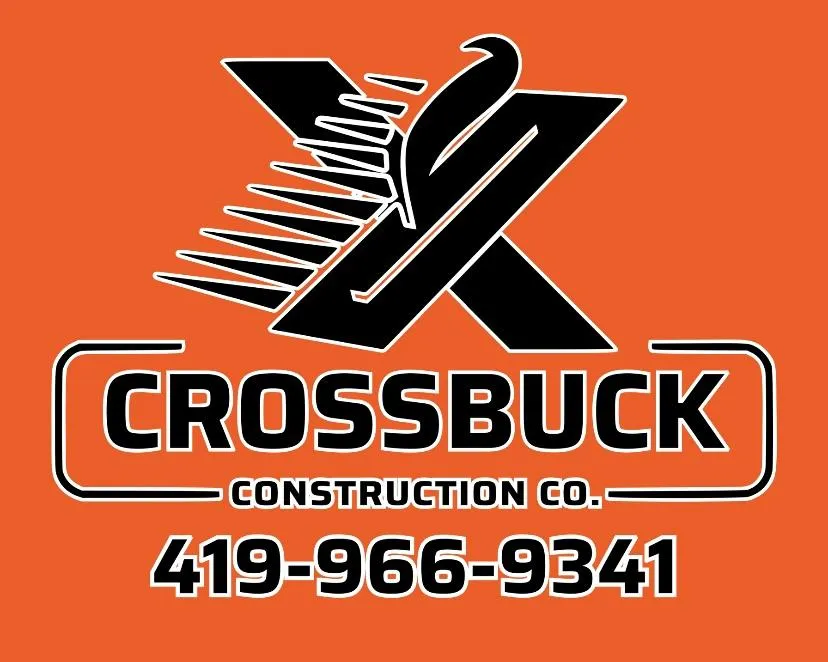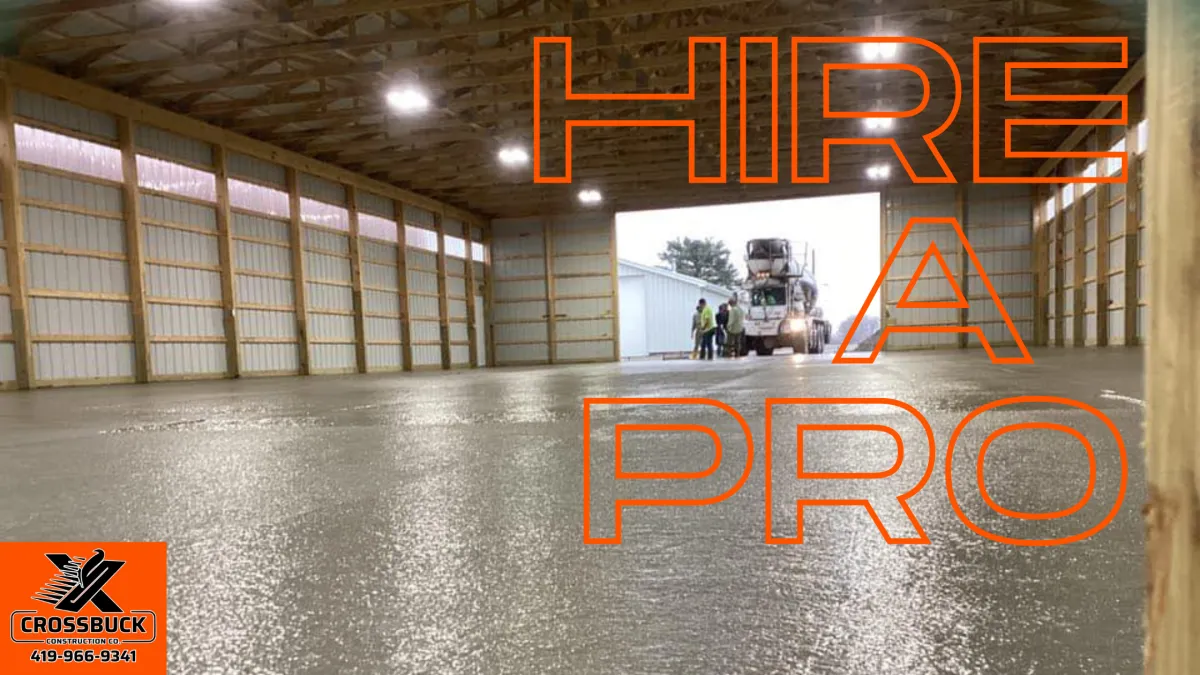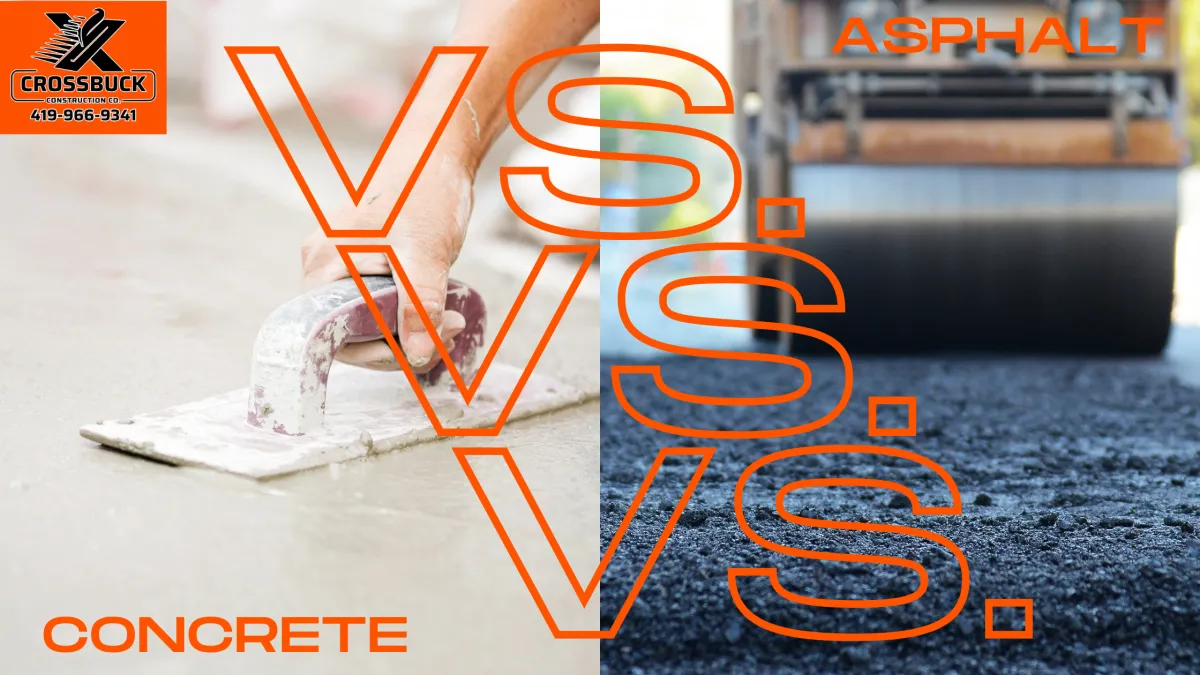
The Basics of Concrete: Understanding Its Strengths and Uses
November 20. 2023
Concrete is more than just a building material; it's the backbone of modern construction. This post aims to shed light on the strengths and versatility of concrete, explaining why it has become a staple in the construction industry.
The Composition and Types of Concrete
Concrete, a blend of aggregates like sand and gravel, water, and Portland cement, serves as a foundational material in various construction projects. Its versatility is evident in the different types available – from high-strength concrete for industrial use to lightweight concrete for architectural applications. This variety allows builders to choose the right type for specific projects, ensuring both functionality and aesthetic appeal.
Durability and Maintenance: The Long-Term Advantages
One of the most significant advantages of concrete is its durability. A properly mixed, poured, and cured concrete structure can last decades, even under harsh environmental conditions. This durability translates to lower maintenance costs over time, making it a cost-effective choice for both residential and commercial construction. However, it's crucial to recognize that the durability of concrete largely depends on the quality of its installation, highlighting the importance of hiring Crossbuck Construction for their professional expertise in concrete construction.
Environmental Impact and Sustainability Practices
The environmental impact of concrete is a hot topic in the construction industry. While the production of Portland cement, a key ingredient in concrete, does emit carbon dioxide, ongoing innovations are making concrete more sustainable. These include using supplementary cementitious materials like fly ash and slag cement, which not only reduce the carbon footprint but also enhance the strength and durability of the concrete. Additionally, concrete's ability to absorb and retain heat makes it an energy-efficient choice for buildings, contributing to a reduction in heating and cooling costs.
Concrete in Everyday Life: A Versatile Material
From the foundations of our homes to the pavements we walk on, concrete is an integral part of our daily lives. Its ability to take on various shapes and finishes means it's not just limited to structural applications. Decorative concrete, used in countertops, flooring, and even furniture, is becoming increasingly popular, offering a blend of durability and design flexibility. This versatility, combined with its strength and sustainability, is why concrete remains a preferred material in construction.
In conclusion, concrete's unique combination of strength, durability, and versatility makes it an indispensable material in the construction industry. Understanding these attributes helps in appreciating the crucial role it plays in building our modern world. For anyone considering a construction project, whether commercial or residential, recognizing the importance of quality concrete work is key to ensuring longevity and functionality.
Blogs





